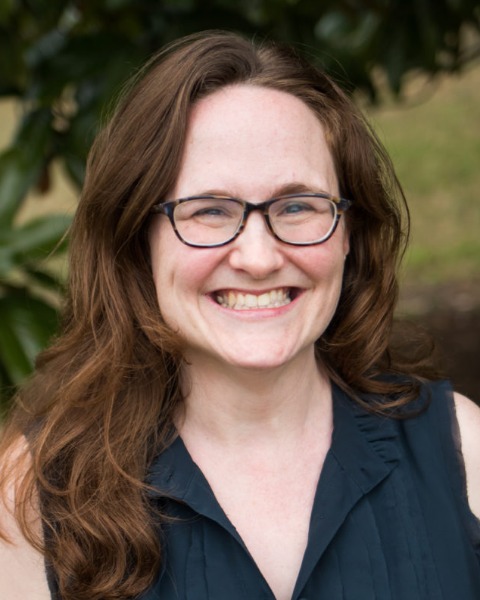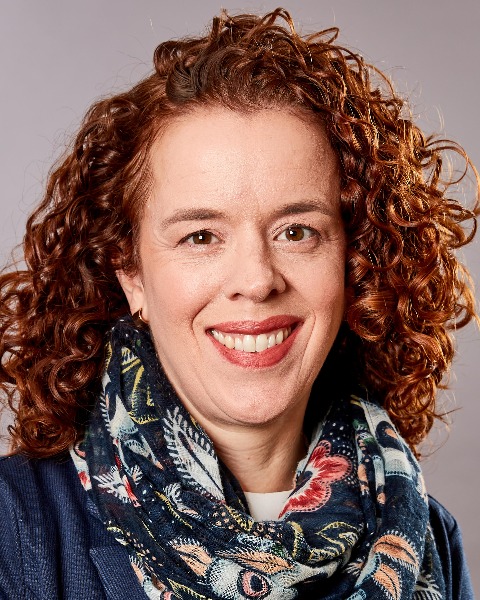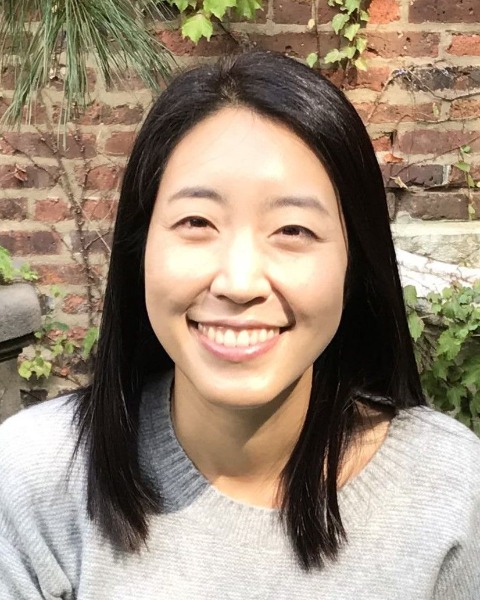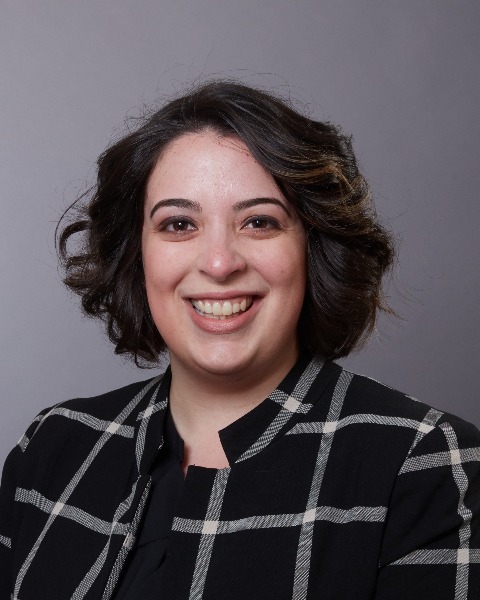Behavioral and Social Sciences
Challenges and Opportunities of (Re)Connecting After COVID-19
-

Amy Rauer, PhD
Professor
Child and Family Studies
University of Tennessee
Knoxville, Tennessee, United States -

Katherine Fiori, PhD (she/her/hers)
Professor
Derner School of Psychology
Adelphi University
Garden City, New York, United States -

Katherine Fiori, PhD (she/her/hers)
Professor
Derner School of Psychology
Adelphi University
Garden City, New York, United States -

Christine So, MA (she/her/hers)
Doctoral Student
Derner School of Psychology
Adelphi University
Garden City, New York, United States -

Christina Marini, PhD (she/her/hers)
Assistant Professor
Derner School of Psychology
Adelphi University
Garden City, New York, United States -
HF
Heather Fuller, PhD, FGSA (she/her/hers)
Professor
Human Development and Family Science
North Dakota State University
Fargo, North Dakota, United States
Chair(s)
Co-Chair(s)
Individual Symposium Abstract First Author(s)
Although social distancing and other COVID-19 precautions were designed to protect older adults, the resultant disruptions to social connections were considerable. As vaccines became widely available, however, older adults were able to reconnect and resume social activities, a process we refer to in this symposium as social reintegration. The following studies highlight the challenges and opportunities associated with this reintegration process. First, Fuller et al.’s longitudinal, mixed-methods study considers how older adults’ coping strategies changed over the course of the pandemic as social distancing precautions were lifted. Building off this paper, Rauer et al. explore how and with whom older adults stayed occupied while reintegrating, and how activity profiles changed across six months. Using the same dataset to investigate the nature of these social interactions and the role of personality, Fiori et al. examine how positive and negative social exchanges and optimism predict changes in older adults’ attitudes about how COVID-19 shaped their family life. The role of individual differences is underscored by So et al.’s study of the surprisingly dynamic links between older adults’ generativity and their mental health as they reintegrated over six months. The transitory nature of this reintegration period is further highlighted by Marini et al., who found that older adults anticipated a wide variety of stressors and rewards over this time that changed with the emergence of new COVID-19 variants. Together, these papers paint a compelling picture of how older adults navigate times of transition to reconnect to others and establish a “new normal”.
Learning Objectives:
- After attending this session, participants will be able understand how older adults were able to reconnect and resume social activities throughout the COVID-19 pandemic.
- After attending this session, participants will be able to describe how social connections vary during times of transition.
Presentations:
-
12:30 PM – 2:00 PM ETWho Became Closer to Family After the Pandemic?: The Roles of Optimism and Social Exchanges
Individual Symposium Abstract First Author: Katherine L. Fiori, PhD (she/her/hers) – Adelphi University
-
12:30 PM – 2:00 PM ETThe Costs of Generativity for Older Adults' Mental Health During the COVID-19 Pandemic
Individual Symposium Abstract First Author: Christine So, MA (she/her/hers) – Adelphi University
-
12:30 PM – 2:00 PM ETForecasting the Future: Older Adults' Anticipated Stressors and Rewards in the Context of COVID-19
Individual Symposium Abstract First Author: Christina M. Marini, PhD (she/her/hers) – Adelphi University
-
12:30 PM – 2:00 PM ETPatterns and Themes of Older Adults' Coping Across Two Years of the COVID-19 Pandemic
Individual Symposium Abstract First Author: Heather Fuller, PhD, FGSA (she/her/hers) – North Dakota State University
